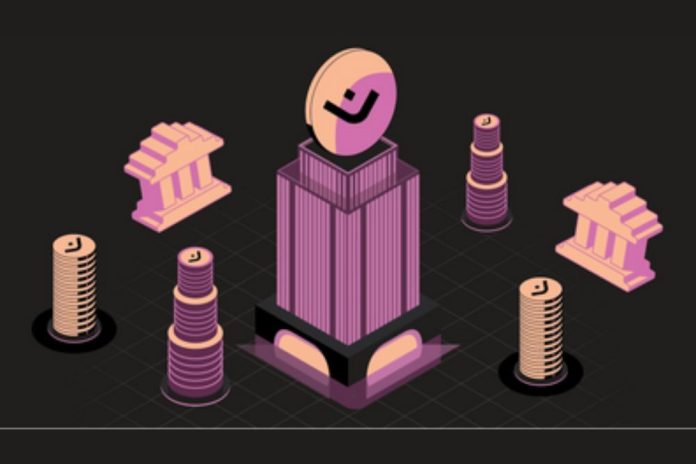In the ever-evolving landscape of finance, the emergence of Real World Asset (RWA) tokenization stands as a testament to the transformative power of blockchain technology. By digitizing physical assets and unlocking new avenues for investment, RWA tokenization holds the promise of democratizing access to wealth and reshaping traditional investment models. However, as with any disruptive innovation, the journey towards mainstream adoption is rife with challenges, particularly in the realm of regulatory compliance.
At its core, regulatory compliance serves as a safeguard for investors and market participants, ensuring transparency, accountability, and market integrity. In the context of RWA tokenization, navigating the regulatory landscape is akin to charting uncharted waters, with each jurisdiction presenting its own set of challenges and opportunities. From securities regulations to anti-money laundering (AML) measures, regulatory compliance encompasses a myriad of legal and regulatory requirements that must be carefully navigated by stakeholders.
Yet, amidst the complexities of regulatory oversight, lies the potential for innovation and growth. Projects like MANTRA are leading the charge in developing regulatory-compliant solutions to facilitate RWA tokenization. By leveraging blockchain technology and adhering to rigorous regulatory standards, MANTRA aims to bridge the gap between traditional finance and the digital asset space. Through collaboration with regulatory authorities and industry stakeholders, MANTRA seeks to create a conducive environment for innovation while upholding the highest standards of compliance and investor protection.
However, the path towards regulatory compliance is not without its challenges. As regulations continue to evolve and adapt to the rapidly changing landscape of digital finance, stakeholders must remain vigilant and proactive in addressing emerging regulatory concerns. From data privacy to consumer protection, regulatory compliance requires a multifaceted approach that balances the need for innovation with the imperative of regulatory oversight.
In this context, collaboration and dialogue between industry stakeholders, policymakers, and regulatory authorities are paramount. By fostering an open and transparent dialogue, stakeholders can work together to develop clear and coherent regulatory frameworks that promote innovation while safeguarding investor interests. Moreover, by embracing regulatory compliance as a cornerstone of their business models, projects like MANTRA can position themselves as trusted partners in the journey towards a more inclusive and sustainable financial future.
In conclusion, RWA tokenization represents a paradigm shift in the world of finance, unlocking new opportunities for investment and economic growth. However, the realization of this potential hinges on the ability of stakeholders to navigate the regulatory waters with diligence and foresight. By embracing regulatory compliance as a guiding principle, projects like MANTRA can pave the way for a future where blockchain technology serves as a catalyst for positive change in the global financial system.


